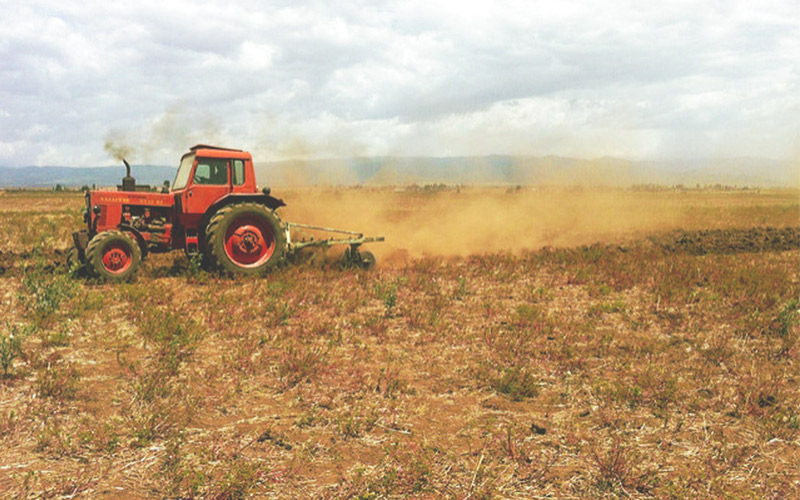International Food Policy Research Institute
Choosing the Tools to Fight Climate Change Globally
Global
Which agricultural technologies will help farmers protect our food from the effects of climate change? With 9 billion mouths to feed by 2050, this is a critical issue in which policymakers should gain better visibility.
In 2014, the International Food Policy Research Institute (IFPRI) sought to answer this question and released a new study, “Food Security in a World of Growing Natural Resource Scarcity: The Role of Agricultural Technologies.” It examined how 11 agricultural practices and technologies could help farmers improve the sustainability of three of the world’s main staple crops – maize, rice, and wheat.
IFPRI used a premier data model to divide the world into 21,000 geographic sections. It was then able to pinpoint the agricultural technologies and practices that can most significantly reduce food prices and food insecurity in certain regions of the world.
The data showed that:
- No-till farming alone could increase maize yields by 20%, but also irrigating the same no-till fields could increase maize yields by 67% in 2050.
- Nitrogen-use efficiency could increase rice crop yields by 22%, but irrigation increased the yields by another 21%
- Heat-tolerant varieties of wheat could increase crop yields from 17% to 23 %with irrigation.
“The reality is that no single agricultural technology or farming practice will provide sufficient food for the world in 2050,” Mark Rosegrant, lead author of the report, explained. “Instead we must advocate for and utilize a range of these technologies in order to maximize yields.”
IFPRI launched an online tool, The Agritech Toolbox, along with the report, enabling policymakers to work directly with the study results and visualize how certain technologies can impact food security and natural resources at a global, regional and national level. This tool will be essential for policymakers in developing future agricultural investment strategies.




